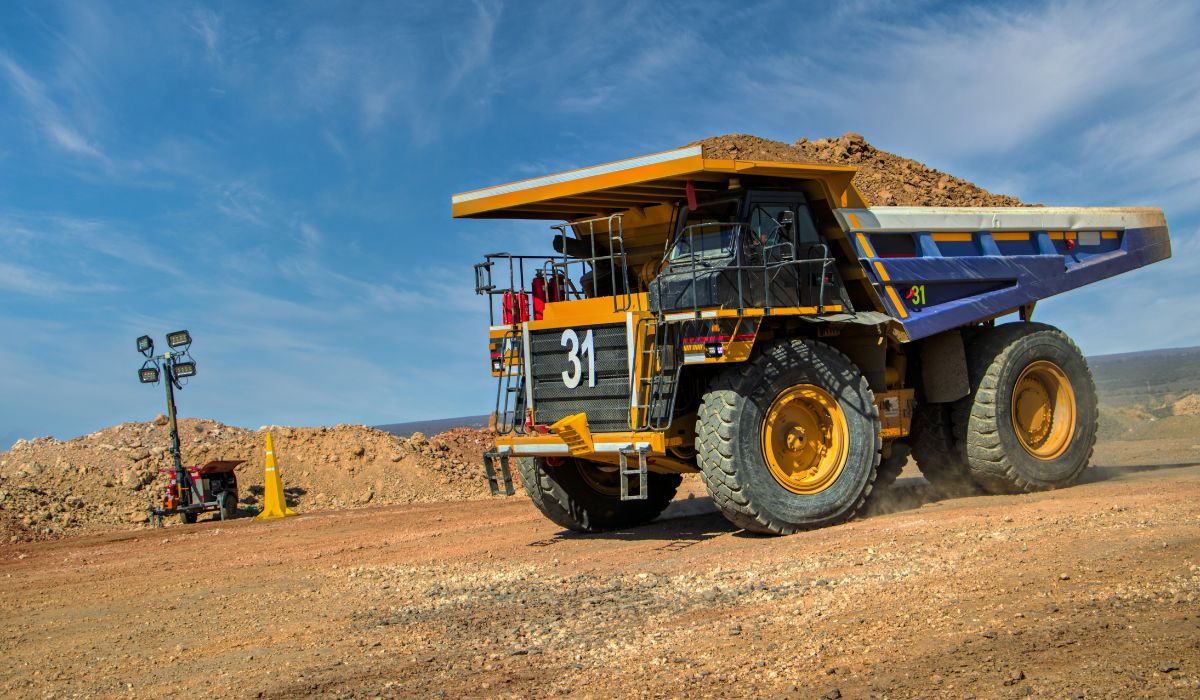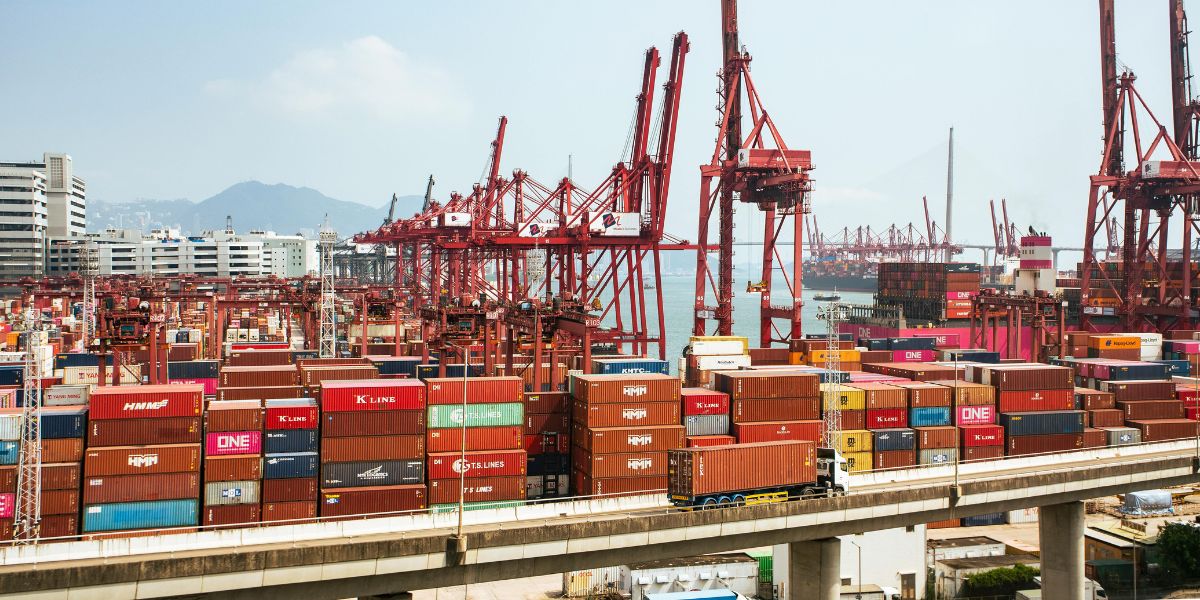
This article first appeared on The Australian Mining Review in October 2020. Read the full story here.

Drilling work is often undertaken in remote areas which are not blessed with the infrastructure, workforce and access to spare parts available on a fully-equipped mine site. Drilling operators and contractors face a myriad of unpredictable risks, from equipment breakdown to property damage to injury, which are harder to manage in isolated areas. The longer the period of unplanned downtime, the greater the financial hit to a business through lost productivity.Connect Business Insurance (CBI) specialises in providing insurance cover and risk management to the mining industry including drilling operators, contractors and companies.CBI director Paul Cohalan said one of the most common hazards for drilling clients relates to employer liability and workers compensation. Mr Cohalan said drilling work, by its nature, carried significant risks involving machinery and equipment hazards, hotwork, exposure to dust and chemicals.Work will often be strenuous, involving lifting of heavy objects, standing for long periods and kneeling. Employees are at risk from falling objects, being struck or crushed by moving vehicles, exposure to the elements for long periods, noise, use of explosives, and a plethora of other risks including rock-falls, cave-ins, collapses, gases and flooding.Apart from physical risks, Mr Cohalan said it was just as important to be mindful of the toll that working remotely can have on workers’ mental health. “It’s about looking after each other and having the simple things like resources, food and water and preventing the common risks like injury, dehydration, slips, trips and falls,” he said. “But when people are working remotely they also need to be mentally stable before anything else because they could be working in unknown areas like the middle of a forest or desert.”A hazard index rating used by a CBI drilling client ranks potential risks, based on the likelihood and severity of a loss occurring, expressed as a percentage. Worker’s compensation ranks number one at 78% followed by public liability (72%), equipment breakdown (65%), risks with motor/plant and equipment (61%), property damage (59%) and business interruption (47%).
Public Liability

Public liability insurance on a drilling site is triggered when there is property damage or personal injury to a third party such as a subcontractor on site. The main risks include injuries from tools, equipment and materials, traffic accidents, use of explosives, damage to customer property and business interruptions such as interruptions of gas or water supply.Connect Business Insurance provides cover which guards against financial loss for a company found negligent but also helps companies manage risks to prevent incidents in the first place.“Good management of on-site risks is essential to reduce exposure caused by the actions of a worker or subcontractors because there may be more than one company working on the site,” Mr Cohalan said. “There might be contractors working around each other and there’s potential there for injury or property damage.”While many insurers offer public liability, they often exclude any type of mining work so contractors need a specialist insurance policy to cover the specific type of work being carried out on mine sites, such as drilling.
Plant and Equipment Insurance
Mr Cohalan said there were many risks associated with plant and equipment on a drilling site, from the injury they can cause on site to machinery breakdown to property damage. Exposure to machinery breakdown on drilling sites is significant due to the reliance on expensive— and often imported and custom-made—drilling rigs, mud plants/pumps and mobile machinery.The high cost of repairs and project delays should be adequately insured against to prevent projects being adversely affected. Risks to plant and equipment is significant as most drilling operations will own a variety of vehicles to pick up and transport materials, equipment and workers to site while off-road use of vehicles further increases the risk.“Contractors are often transporting heavy equipment and mobilising equipment on site and then removing the equipment and transporting it off site when the job is done,” Mr Cohalan said. He said it was important to have adequate insurance in place to safeguard valuable equipment and Connect Business Insurance can find the right cover to suit all needs at an affordable price.Property damage insurance covers against potential damage to machinery at drill sites caused by drilling errors, inadequate site security, use of mobile equipment and explosives and exposure to fire, flood, wind and other natural hazards.
Business Interruption

CBI can provide cover to protect your company in the event of an unforeseen issue that makes running your business impossible such as extreme weather events, fire or damage to plant and machinery. The potential benefits of this insurance includes cover for lost revenue, extra expenses and the cost of hiring alternative machinery.CBI is the trusted provider of insurance for several companies working in the mining industry including Bostech Drilling, which specialises in grade control and exploration geochemical drilling using RAB/Air Core and Reverse Circulation drilling techniques.Bostech pioneered the Air Core Kick-bit, a ground-breaking technology which is now used almost exclusively on all Air Core drilling rigs in WA. The Kick-bit provides a competitive advantage over other equal drilling companies by enabling drilling into a whole range of challenging ground conditions including unconsolidated, sandy and heavy clay surfaces.The company operates in the Goldfields, Midwest, Pilbara regions working for a variety of juniors in exploration as well as mid to top-tier companies on established mine sites.
Q & A With Bostech Operations Manager Paul Allen
Q: What are the major risks you experience as a company with people being at the forefront of the business?A: The biggest risk would have to be around personnel so we put a lot of emphasis and effort into the HR side of things, into onboarding and getting the right people from the word go who are well-suited to air core and exploration drilling.Throughout the multiple disciplines of drilling, air core is often carried out at the greenfield sites, grassroots level, so you don’t always have the luxury of a donga with an ensuite, Wi-Fi, gyms and home-cooked meals.So the guys are out there roughing it a lot of the time, they could be out in the desert or in the forest somewhere living in a caravan.Q: So it is not just about keeping up with maintenance and equipment, it is also making sure the personnel are mentally equipped for the job?A: Yes, they need to be able to do the job physically but also mentally and be able to work well in a small team. If you get the right people from the beginning, everything else will follow, your clients will be looked after, your maintenance will be done properly and so forth. It all snowballs from there.Q: What are the impacts of equipment breakdown or downtown caused by maintenance not being done as I imagine that can impact the project and production quite a lot?A: Exactly and getting back to where we are drilling, it’s not always established mine sites, we have been a good day’s drive from the nearest town and at times parked up on the sand dunes.If you break down, it is a long way to get something so we have a strict maintenance regime. Again it goes back to making sure you hire staff who are mechanically minded as well because it is a long way to send a fitter if you do break down.If you have guys who don’t know how to service equipment it can result in a big financial hit over a long period of time.Q: What does Bostech do daily in remote areas to manage risks to personnel and equipment to make sure everyone goes home safe?A: Everything from pre-start checks on the equipment to making sure it is serviceable.We make sure the guys are fit for work which is not just blowing zeros in the morning.It is making sure they aren’t sore from the day before, and they’re ok mentally, and encouraging them to talk.We also have fatigue management checks and if they are new to the job, they are required to fill out a fatigue assessment with a supervisor and they are paired up on the rig so they are not thrown in the deep end.Q: Is the culture much better these days with people speaking up if they need something and looking after themselves such as by having water and breaks in the heat?A: There does appear to be a good culture of camaraderie and mate-ship where the guys are looking out for each other.FIFO is tough enough even when you are operating on an established mine site but when they’re working out in remote areas, they can’t go and have a beer in the wet mess or practice their golf-swing in a golf simulator.






.svg)




